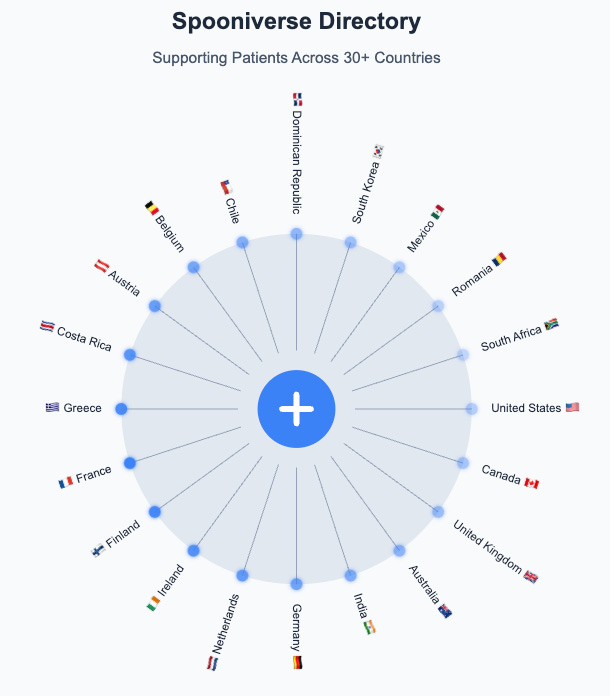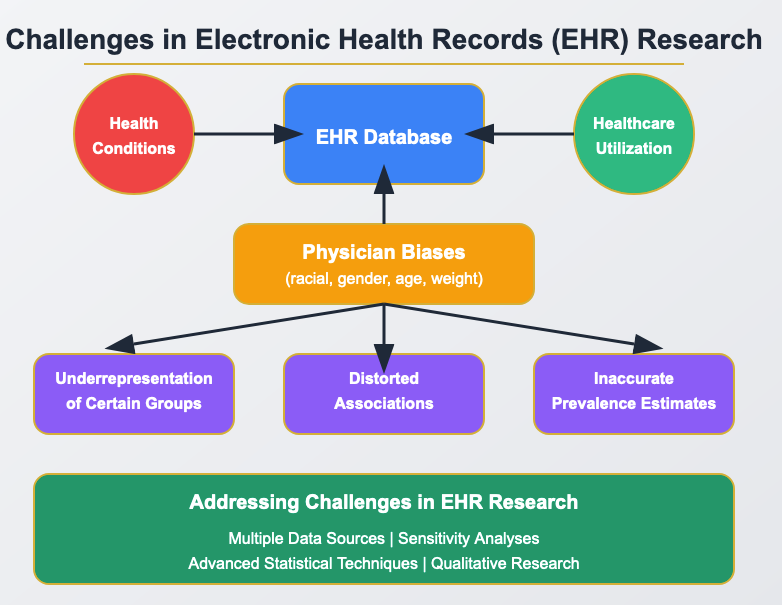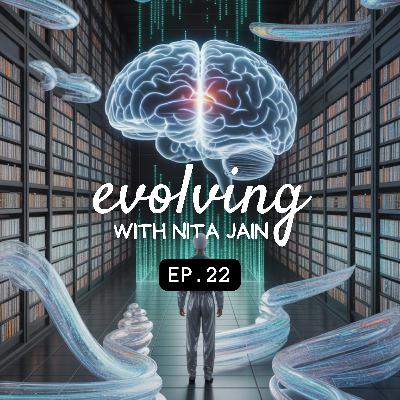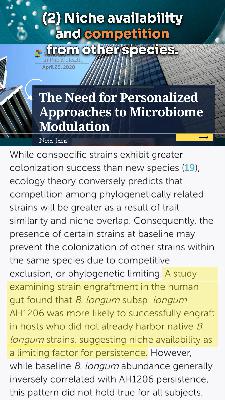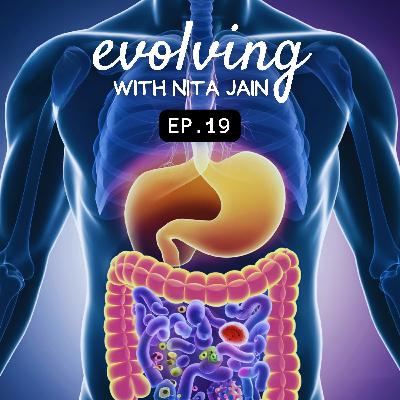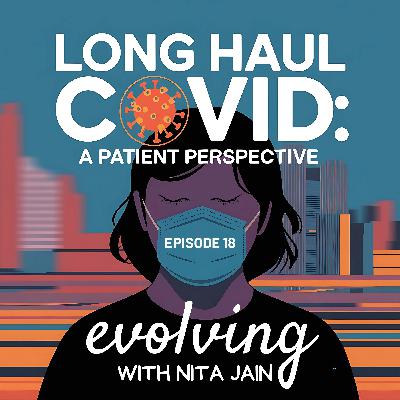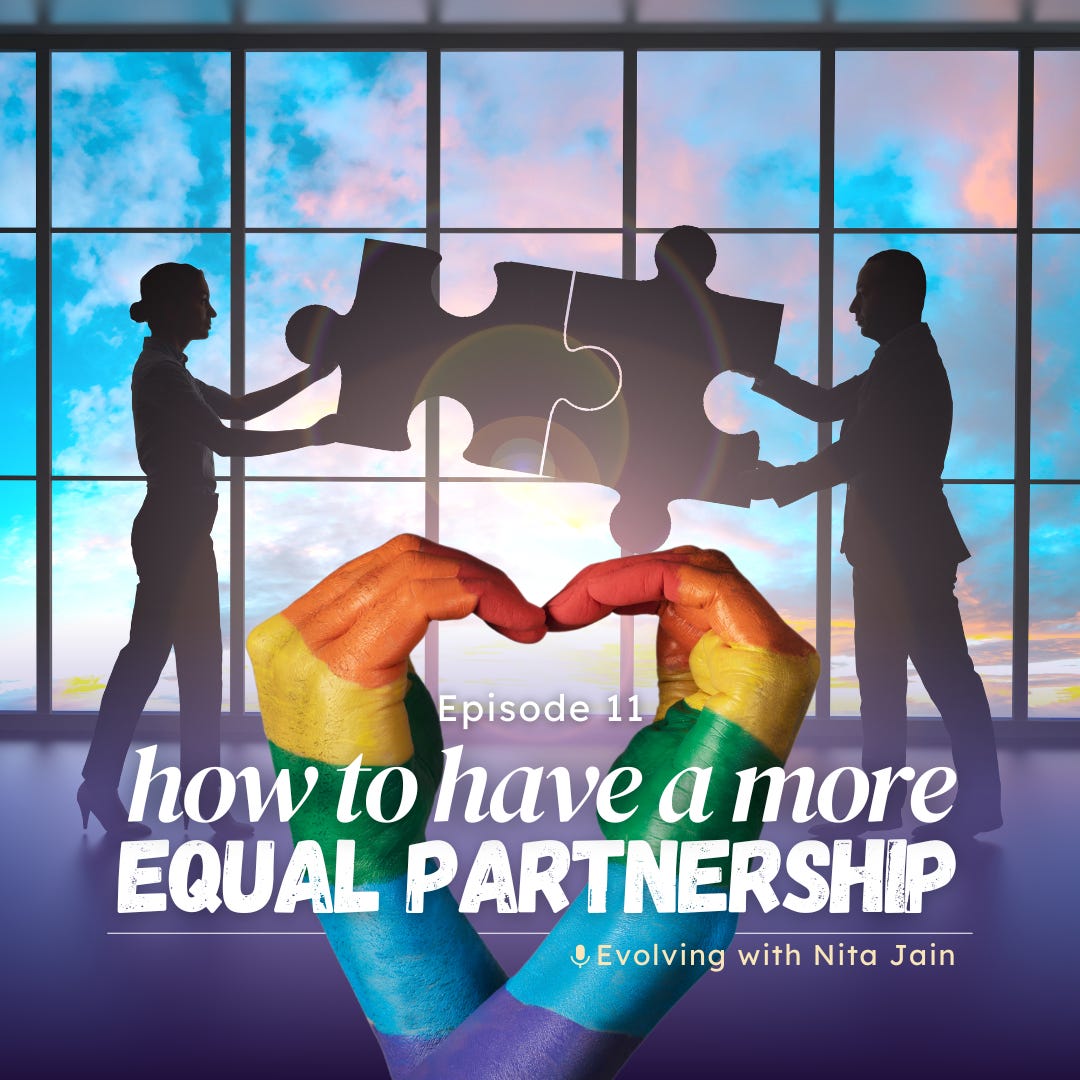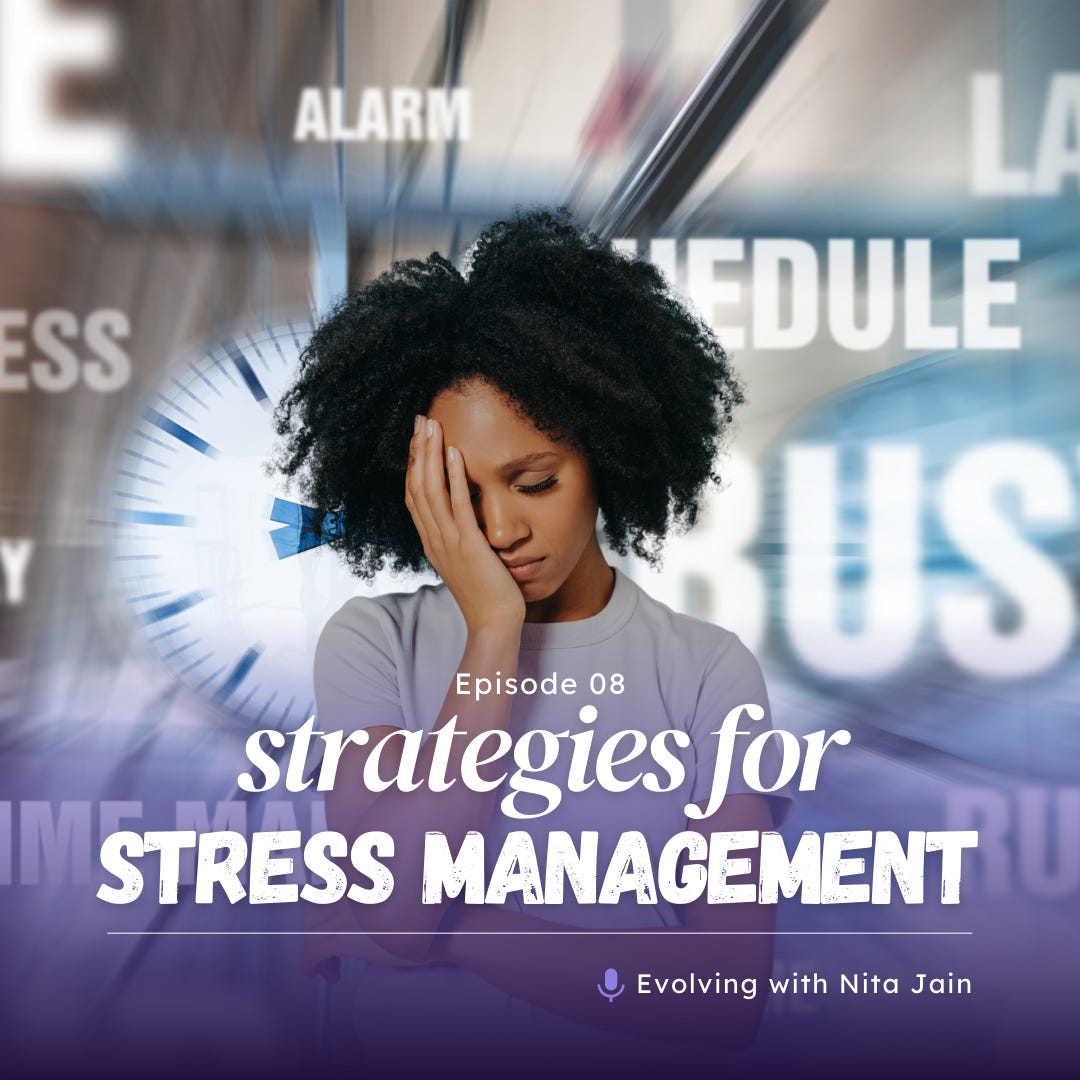Better, Faster, Stronger: How Stress Can Fuel Personal Growth and Development
Description
Let’s talk about stress, baby
And antifragility
Let’s talk about all the good things and the bad things
That may be
Let’s talk about stress
— My attempt at parodying a 1991 Salt-N-Pepa classic
Stress is an unavoidable part of our daily lives. How can we mitigate stress so that it doesn’t cause adverse health outcomes? How can we leverage the benefits of stress in order to help us stay motivated? Is there a sweet spot when it comes to stress exposure?
A Stressed Out Society
Last time, I briefly mentioned the stress hormone cortisol and the role it plays in appetite regulation. When we’re stressed or sleep-deprived, cortisol levels spike, increasing appetite and causing us to crave comfort foods. Unfortunately, modern society is chock-full of stressors.
Constantly getting inundated with text messages, emails, and Slack notifications can overstimulate your “fight or flight” response, leading to chronically elevated cortisol levels. This in turn can impair proper functioning of your prefrontal cortex, the region of your brain responsible for good decision-making. Inhibition of the PFC can cause us to engage in risky behaviors like texting while driving.
Continuous engagement of your sympathetic nervous system also causes your adrenal glands to release adrenaline and norepinephrine, which speed up your heart rate and raise your blood pressure, respectively. This is why chronic stress can contribute to hypertension over time.
The autonomic nervous system in your brain communicates with the enteric nervous system in your gut, which explains how stress can lead to digestive issues. Cortisol allows for the mobilization of your muscles at the expense of “rest and digest” activities such as the normal rhythmic contractions that move food along your digestive tract. Stress can also change the composition of your gut bacteria, which can affect your digestive and overall health.
Chronic stress can dampen immunity, making you more vulnerable to infections and slowing the rate at which injuries heal. Curbing chronic stress is even essential for longevity, as high levels of stress are associated with shortened telomeres, the shoelace tip ends of chromosomes that measure a cell’s age. Telomeres allow for DNA replication and shorten with each successive cell division. When telomeres become too short, a cell can no longer divide and dies.
Mindsets About Stress
Psychologists define stress as the physical and mental response to events that we consider challenging or threatening. In other words, stress is a reaction to a disruptive stimulus, which means that the amount of stress we experience is largely dependent on how we appraise situations. When you miss a flight or someone schedules a last-minute meeting at work, you can either roll with the punches or get worked up.
Stressful situations are inevitable, but the way in which we respond is what really matters. If we view stressful situations as challenges that we can control and master rather than as threats that are insurmountable, we will perform better in the short term and stay healthier in the long run.
Stanford Psychology Professor Alia Crum describes mindsets as portals between conscious and subconscious processes. In the wake of the 2008 financial crisis, she conducted an experiment in which she asked volunteers to watch videos about the nature of stress. One group didn’t watch any videos, one watched videos that detailed the debilitating side of stress, and another group watched media that emphasized the enhancing nature of stress.
The goal was to change people’s mindsets and observe the results. Crum found that just nine minutes of videos a week were enough to change people’s mindsets about stress and the incidence of physiological symptoms associated with stress like backaches, muscle tension, insomnia, and tachycardia.
People who watched the enhancing videos reported better work performance and fewer symptoms compared to the group who watched the debilitating videos. Interestingly, those in the debilitating group didn’t report a worsening of symptoms, which could be because the idea that stress is debilitating is already the dominant mindset.
The Comfort Crisis
Of course, stress isn’t all bad, and a certain amount is actually required in order to keep your bodily systems humming along at peak performance. In his book The Comfort Crisis: Embrace Discomfort To Reclaim Your Wild, Happy, Healthy Self, journalist Michael Easter argues that our calorie-rich diets, perfectly temperature-controlled environments, and relatively sheltered lives could be the reason for many modern mental and physical ailments.
Modern conveniences like fast food, air conditioning, and smartphones allow for easy access to both necessities and luxuries. Easter cites evidence from exercise scientists, economists, and spiritual leaders about the benefits of discomfort for our well-being and makes the case against sedentary activities that diminish challenge in favor of convenience such as:
* choosing the elevator instead of taking the stairs
* eating as a result of boredom instead of physiological hunger
* spending an average of 95% of our time indoors
To push back against the latter and test his physical and mental limits, Easter embarked upon his own 33-day wilderness journey to the Alaskan backcountry. Epic outdoor challenges mimic some of the stressors our ancestors experienced and may offer more tangible health benefits than activities like organized sports.
Leaving our sterile, modern worlds and confronting new stressors can lead to improved self-esteem, character building, and psychological resilience. The well-known conservationist John Muir conveyed a similar sentiment in his writings on California’s High Sierra peaks:
Few places in this world are more dangerous than home. Fear not, therefore, to try the mountain-passes. They will kill care, save you from deadly apathy, set you free, and call forth every faculty into vigorous, enthusiastic action. Even the sick should try these so-called dangerous passes, because for every unfortunate they kill, they cure a thousand.
Transcendentalist Henry David Thoreau had an analogous idea when he decided to spend two years on the shores of Walden Pond:
I went to the woods because I wished to live deliberately, to front only the essential facts of life, and see if I could not learn what it had to teach, and not, when I came to die, discover that I had not lived…I wanted to live deep and suck out all the marrow of life.
Muir and Thoreau both argue that we need to shake ourselves out of apathy and complacency in order to embrace our full potentials and realize just how much we’re capable of accomplishing. Reconnecting with wilderness can benefit us in more ways than one.
Lack of exposure to natural environments can adversely affect gut microbiome diversity, the loss of which has been linked to almost all chronic diseases. The hygiene hypothesis posits that the loss of friendly ancestral bacteria could be driving our current epidemic of autoimmune diseases.
What Doesn’t Kill You…
Mark Seery, a psychologist at the University of Buffalo, has spent his life researching the edge of human comfort zones. While wading through the scientific literature, he came across a theoretical concept called “toughening,” which seemed to manifest among young squirrel monkeys that experienced transient separation from their families during early life as part of a 2004 study conducted at Stanford.
Squirrel monkeys exposed to early life stress exhibited enhanced brain development and improved cognition compared to their non-stressed peers. Seery wondered whether this same phenomenon applied to humans and decided to set up an experiment of his own to find out.
His research team recruited 2,500 everyday Americans across all ethnicities and socioeconomic backgrounds between the ages of 18 and 101. Half the participants were female; half were male. The demographic makeup of the research




